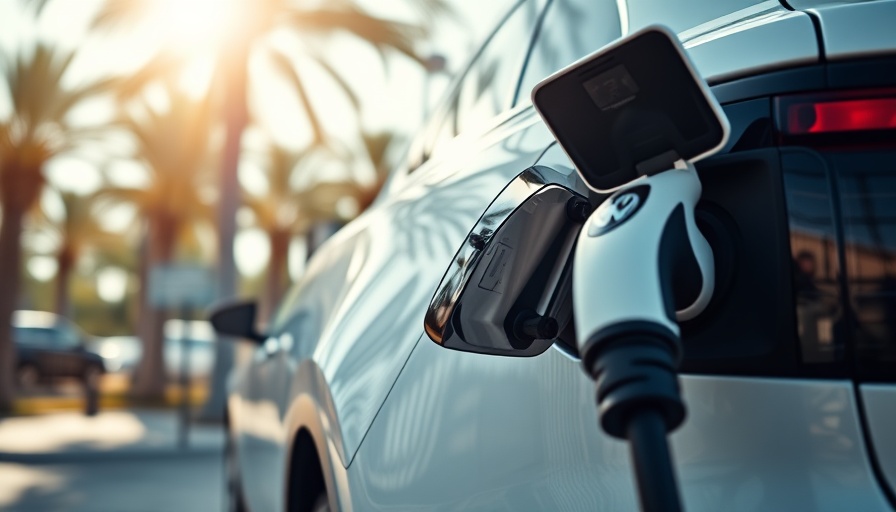
The Current State of Volkswagen’s ID.4 in the U.S. Market
Recently, Volkswagen announced a temporary pause in the production of its ID.4 electric SUV at its Chattanooga plant due to surplus supply and a significant drop in demand. Despite offering staggering discounts averaging $11,000 per vehicle, consumers have hesitated to fully embrace the ID.4. In July, the average sale price reflected a discount heavily influenced by the looming end of the federal EV tax credit, which amounts to about $7,500. This situation highlights the fragility of demand in the electric vehicle market, especially in a competitive landscape filled with aggressive players like Tesla and BYD.
Understanding the Impact of Incentives on EV Sales
The substantial discounts offered by Volkswagen represent more than just a failed sales tactic; they reveal a critical dependency on government subsidies to maintain interest in electric vehicles. As the ID.4 becomes one of the strongest deals available, the question arises: will consumers still show interest once financial incentives diminish? An analysis from Kelley Blue Book suggests that dealers are rushing to clear their lots before the tax credit disappears, indicating that while incentives have bolstered initial sales, they cannot maintain long-term market interest.
The Broader Implications for Volkswagen and the EV Market
VW's production cut serves as a microcosm of the larger electric vehicle landscape in the U.S. While the company proudly celebrated a milestone of selling its 1.5 millionth ID. EV globally, the mixed results in the U.S. market illustrate that achieving significant sales numbers can be complicated by local consumer preferences and economic factors. The introduction of subscription models for boost power and other potential revenue streams signals Volkswagen’s innovative approach to remain competitive. However, these strategies may be welcomed differently in markets with varying levels of EV adoption, illustrating a concept of misalignment between product offerings and consumer expectations.
What’s Next for EV Buyers and Manufacturers
The current landscape presents both challenges and opportunities for electric vehicle manufacturers and buyers alike. For consumers, this moment presents a rare chance to purchase an electric vehicle like the ID.4 with attractive financial incentives. But for Volkswagen, the critical concern remains whether the ID.4 can recover from this downturn in interest once discounts and subsidies begin to fade. Without sustained interest beyond the current incentives, VW may confront an uphill battle in affirming the ID.4’s long-term viability in the American market.
Engaging with Future Trends in the EV Market
Looking ahead, industry analysts predict that the electric vehicle marketplace will face increasing volatility as both manufacturers and consumers adapt to future trends. While competition will likely remain fierce, growing environmental awareness and regulatory pressures could transform demand dynamics. VW’s ability to innovate while understanding consumer sentiments will be crucial as they strive to carve out their niche in an evolving industry.
As the electric vehicle landscape continues to shift, it’s essential for consumers to stay informed about the latest deals and incentives available. Educating yourself not only prepares you to make the best financial decisions but also ensures that you understand the broader context of these impressive advancements in the automotive world.
 Add Row
Add Row  Add
Add 




Write A Comment